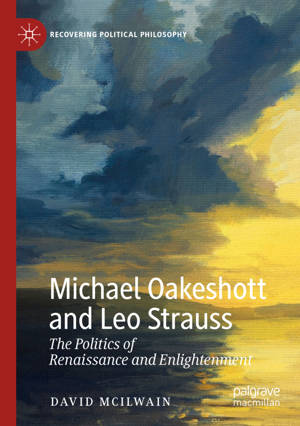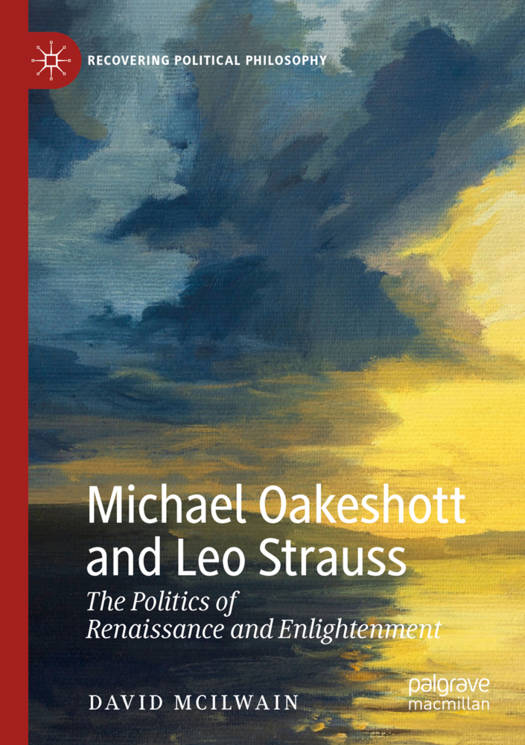
Je cadeautjes zeker op tijd in huis hebben voor de feestdagen? Kom langs in onze winkels en vind het perfecte geschenk!
- Afhalen na 1 uur in een winkel met voorraad
- Gratis thuislevering in België vanaf € 30
- Ruim aanbod met 7 miljoen producten
Je cadeautjes zeker op tijd in huis hebben voor de feestdagen? Kom langs in onze winkels en vind het perfecte geschenk!
- Afhalen na 1 uur in een winkel met voorraad
- Gratis thuislevering in België vanaf € 30
- Ruim aanbod met 7 miljoen producten
Zoeken
€ 152,95
+ 305 punten
Uitvoering
Omschrijving
This book compares the thought of Michael Oakeshott and Leo Strauss, bringing Oakeshott's desire for a renaissance of poetic individuality into dialogue with Strauss's recovery of the universality of philosophical enlightenment. Starting from the conventional understanding of these thinkers as important voices of twentieth-century conservatism, McIlwain traces their deeper and more radical commitments to the highpoints of human achievement and their shared concerns with the fate of traditional inheritances in modernity, the role and meaning of history, the intention and meaning of political philosophy, and the problem of politics and religion. The book culminates in an articulation of the positions of Oakeshott and Strauss as part of the quarrel of poetry and philosophy, revealing the ongoing implications of their thinking in terms of the profound spiritual and political questions raised by modern thinkers such as Hobbes, Hegel, Nietzsche and Heidegger and leading back to foundational figures of Western civilization including St. Augustine and Socrates.
Specificaties
Betrokkenen
- Auteur(s):
- Uitgeverij:
Inhoud
- Aantal bladzijden:
- 222
- Taal:
- Engels
- Reeks:
Eigenschappen
- Productcode (EAN):
- 9783030133832
- Verschijningsdatum:
- 14/08/2020
- Uitvoering:
- Paperback
- Formaat:
- Trade paperback (VS)
- Afmetingen:
- 148 mm x 210 mm
- Gewicht:
- 285 g

Alleen bij Standaard Boekhandel
+ 305 punten op je klantenkaart van Standaard Boekhandel
Beoordelingen
We publiceren alleen reviews die voldoen aan de voorwaarden voor reviews. Bekijk onze voorwaarden voor reviews.









